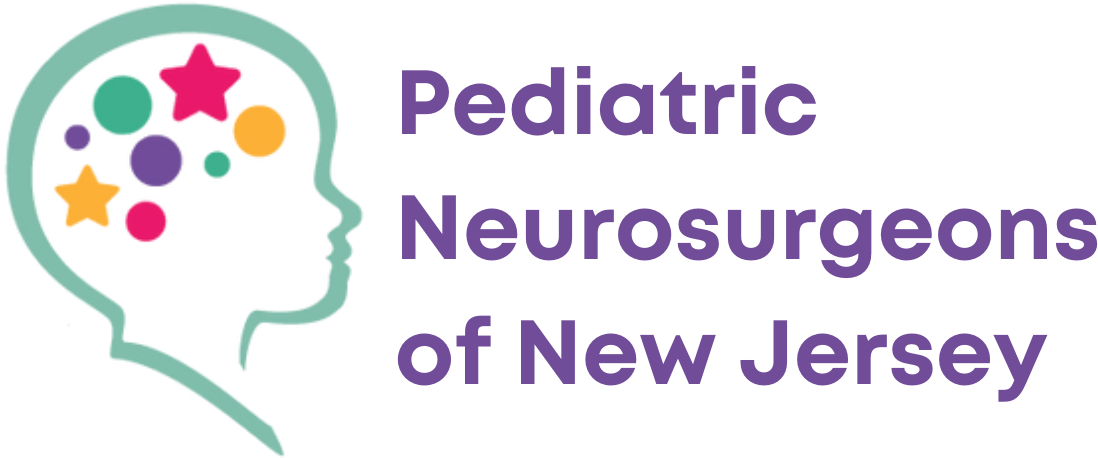Neuro-oncology surgery is a specialized field dedicated to diagnosing and treating brain and spine tumors. These complex conditions require the expertise of skilled surgeons like Dr. Tim Vogel, a distinguished, board-certified pediatric neurosurgeon. Dr. Vogel leads our team at Pediatric Neurosurgeons of New Jersey, providing comprehensive care for pediatric patients with central and peripheral nervous system tumors or cysts.
The Conditions Treated:
- Brain Tumors: Neuro-oncology surgery addresses various brain tumors, both benign and malignant. Surgical resection is often performed to remove as much of the tumor as possible while preserving vital brain function.
- Spinal Cord Tumors: These tumors can affect the spinal cord or the nerves around it. Surgery aims to remove or reduce the tumor’s size and alleviate pressure on the spinal cord, enhancing neurological function.
- Peripheral Nerve Tumors: Tumors that develop on peripheral nerves may require surgical excision to relieve pain, improve function, and prevent further growth.
- Neurofibromatosis (NF): For patients with NF, surgery may be necessary to manage tumors that develop within the nervous system and address associated complications.
- Metastatic Brain Tumors: Surgical resection is employed to manage metastatic brain tumors originating from cancers in other parts of the body.
- Meningiomas: These tumors arise from the meninges, the protective membranes surrounding the brain and spinal cord. Surgery focuses on removing meningiomas.
- Pituitary Tumors: Surgery is used to access and remove pituitary tumors located near the base of the brain, improving endocrine function and alleviating symptoms.
- Craniopharyngiomas: Surgical interventions are performed to address craniopharyngiomas, which can affect the pituitary gland and surrounding structures.
- Intracranial Cysts: Cysts within the brain can be surgically managed to relieve pressure and reduce symptoms, enhancing the patient’s quality of life.
Each condition necessitates a specialized approach, and our neurosurgeons and neuro-oncology specialists work collaboratively to achieve the best possible outcomes for your child. The goal is to provide comprehensive care that addresses the tumor while preserving neurological function and improving the child’s overall quality of life.

The Treatment
Neuro-oncology surgery is a highly specialized branch of surgical medicine devoted to treating tumors affecting the central nervous system, including the brain and spinal cord. Neuro-oncology surgery may include a range of procedures tailored to address various conditions, from benign tumors to aggressive malignancies. The primary goal is to surgically manage these tumors by complete removal or partial resection to alleviate pressure on critical neural structures, reduce symptoms, and improve the child’s overall quality of life.
Personalized Care for Tumor Treatment
We aim to remove as much of the tumor as possible. We examine the tumor specimens to determine the exact type and curate a personalized plan. While it’s best to remove the entire tumor, most high-grade tumors can’t be removed completely because they may have spread extensively. In such cases, surgery is integrated into a comprehensive treatment that may include radiation therapy, chemotherapy, and other modalities. Dr. Vogel’s commitment ensures pediatric patients receive the most advanced interventions and support.
Radiation Therapy
Radiation therapy involves delivering high-energy X-rays or protons to the tumor site. It is typically used after surgery to target any residual cancer cells that may remain. Radiation can also be a primary treatment when complete surgical removal isn’t feasible, as is often the case with deeply situated or inoperable tumors.

Radiosurgery with Gamma Knife
Radiosurgery with gamma knife is a non-invasive, highly precise form of radiation therapy used to treat brain tumors and other neurological conditions. It delivers concentrated beams of radiation to the targeted area with incredible accuracy, sparing healthy surrounding tissues and making it particularly effective for tumors in delicate or inaccessible locations.
Chemotherapy
Chemotherapy involves using potent drugs to inhibit the growth and division of cancer cells. These medications may be administered orally, intravenously, or directly into the cerebrospinal fluid via an intrathecal injection. Chemotherapy can shrink tumors before surgery, treat residual disease after surgery, or address tumors highly sensitive to specific drugs.
Targeted Therapies
Targeted therapies are a newer approach to cancer treatment, focusing on specific molecular or genetic abnormalities unique to cancer cells. They often come in the form of oral medications that interfere with the signaling pathways that drive tumor growth. These therapies can help with certain pediatric brain tumors for a more precise and targeted treatment.
Rehabilitation Services
Pediatric neuro-oncology patients may require rehabilitation services to regain and optimize their physical, cognitive, and communication skills. Physical therapy focuses on improving mobility and strength, while occupational therapy aids in daily activities and fine motor skills. Speech therapy can also help address speech and swallowing difficulties.

Schedule Your Consultation
Dr. Tim Vogel is a preeminent pediatric neurosurgeon known for his commitment to providing the highest level of care. As the former Chief of Pediatric Neurosurgery at Joseph M. Sanzari Children’s Hospital, he has helped countless children recover from debilitating conditions and lead happy, fulfilling lives. We understand that time is of the essence when dealing with brain and spine tumors, so we offer same-day and next-day appointments. Please schedule a consultation to access the prompt, proactive, compassionate care your child deserves.

